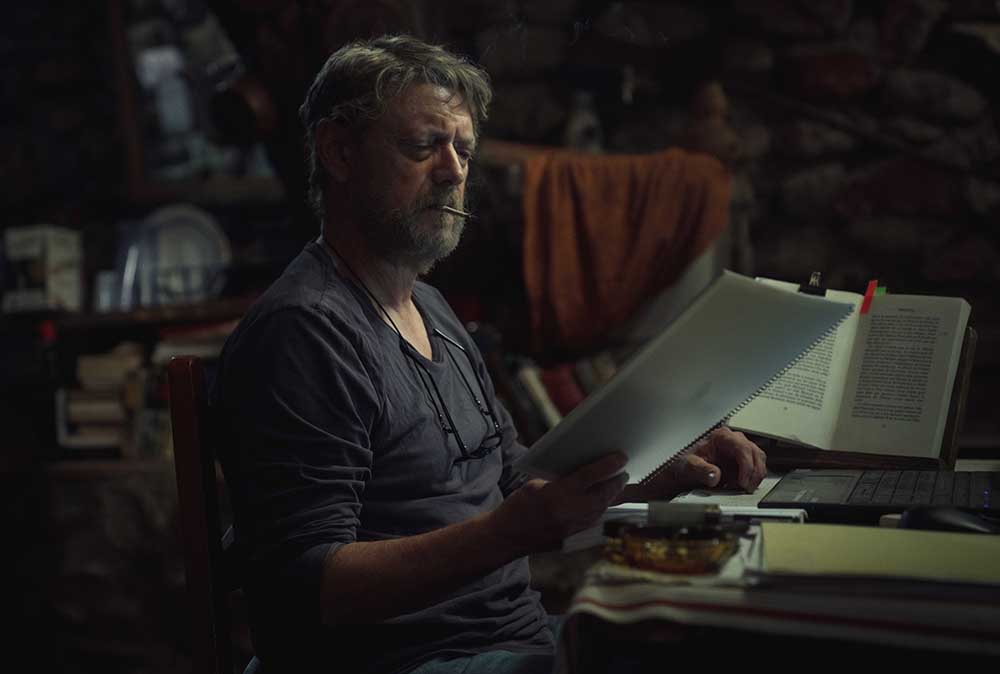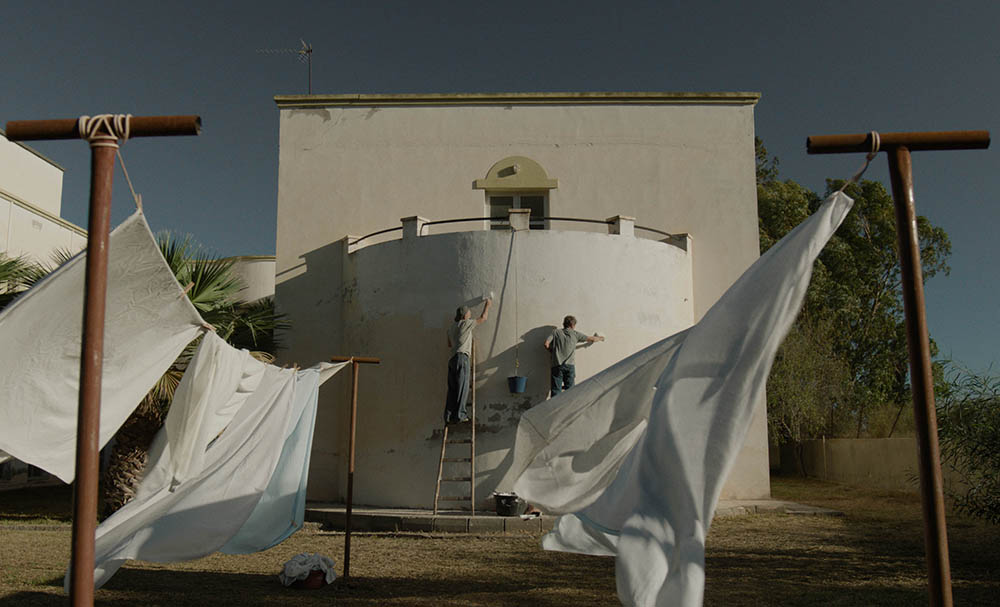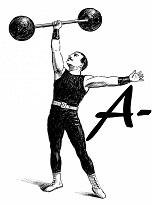Around the midway point of Victor Erice’s “Close Your Eyes,” Miguel (Manolo Solo) picks up a guitar and croons “My Rifle, My Pony and Me,” a song made famous when Ricky Nelson and Dean Martin sang it in Howard Hawks’ “Rio Bravo” (1959). At that point, it clicked: Erice’s latest feature—his first in thirty-one years—is a Western. And yet, despite repeated nods to Hawks and John Ford (“The Searchers” looms large), Erice invites common character tropes (the enigmatic loner on a final mission) and then complicates the story, repeatedly redirecting Miguel—Mike to his friends—and peppering in personal details to construct a somber epic on an expansive scale. Evoking Nuri Bilge Ceylan’s chatty, philosophical cinema (“Once Upon a Time in Anatolia”) and Wim Wenders daddy-drama road movies (“Paris, Texas”), Erice has crafted a somber, profound reflection on regret, peace and the impossible pursuit of redemption.
Similar to Ford’s Ethan Edwards, Erice’s hero’s mission starts in the past. In a tense, inscrutable opening sequence, Erice introduces Julio (Jose Coronado), Miguel’s best friend and an actor in a film-within-a-film which Miguel directed. Decades after the film’s completion, Miguel is now on a reality-TV show, attempting to assist in solving the case of his missing friend. Erice has some fun staging the show, but Miguel’s participation ignites his own curiosity, and broadens his motivation beyond financial compensation. And, he’s not the only one with a vested interest in what happened to Julio. Miguel, in controlled torrent, seeks out his editor friend Max (Mario Pardo) to uncover old film (and dark memories), an ex named Sor (Petra Martinez) who had dated both Julio and Miguel and Julio’s son Ana (Ana Torrent, from Erice’s “The Spirit of the Beehive”), to assemble unrelated puzzle pieces in search of truth and closure.
Erice’s First Film in 31 Years
What starts as a caper becomes a ghost story and then slowly morphs into an engrossing, slow-motion meditation on looking back while trying to move forward. The past is what keeps Miguel forging ahead, and his conversations with Max, Sor and Ana only reinforce his patient yet manic search for Julio. Back home, he has a dog and caring neighbors, but his mobile home on the beach is a limited space, a sign of his retreat from a former life as a writer (he rarely writes), director (made only that one film) and a father (his son died young, decades earlier). For years, Miguel was able to shed his past but now, ignoring it would be impossible, and more importantly, it’d be a let down to those who depended on him now.
Ana at first is ambivalent, and it remains unclear whose interests are being prioritized, protected or sacrificed. Still, she tags along, permitting Miguel to dream while eventually taking on a more active role after a major twist in the missing-person plot. Over the course of a 160-minute run time the big reveals are uncovered thoughtfully, tentatively. Even Miguel, whose persistence suggests a cowboy on the range, isn’t blind to the hurt—accumulated over the years—he’s trying to conceal, or compensate for. What’s behind him is a full and rich life, one which he didn’t fully appreciate in those moments but now, is grasping at what he can to assign meaning to whatever time he has left. To vanish without a trace, like Julio, would be unthinkable.
Honoring the Past While Leaving the Future Open

In a recent interview, Erice resisted the notion that this would be his final film, despite having made only four in a half-century long career. Critics who label “Close Your Eyes” his swan song are suggesting that “destiny is a cemetery, and I want more than that.” No wonder then, that Miguel’s drive challenges others, and his single-minded pursuit becomes a team effort, not so much to cheat death than to give his own life more meaning. Quality, then, not quantity, an emphasis put into practice by Erice, whose latest statement takes a clear-eyed look through a foggy lens, asking more questions than it answers, a triumph of personal filmmaking that pays homage to the past, and leaves the future open ended.
Victor Erice’s “Close Your Eyes,” A Film Movement release, opens in New York at Film Forum on August 23rd, and in Toronto and Chicago on the same day, before a wider national release.



